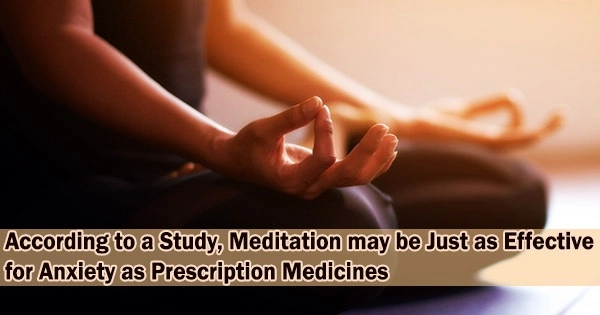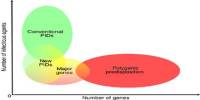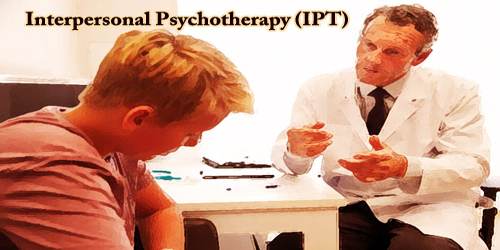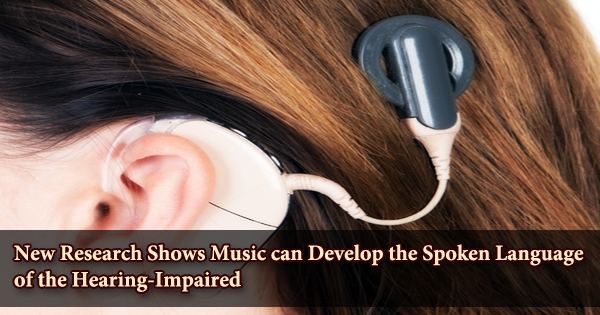In the United States, anxiety is the most prevalent mental health issue. 34 percent of people will experience an anxiety problem at some point in their lives. According to estimates, 19% of American adults 18 and older in the past year had an anxiety problem of some kind.
Anxiety disorders include generalized anxiety disorder (GAD), social anxiety, panic disorder, obsessive-compulsive disorder (OCD), phobias (such as agoraphobia), and post-traumatic stress disorder (PTSD).
The physical symptoms of generalized anxiety disorder include restlessness, being quickly tired, trouble concentrating, irritability, muscle tension, and disturbed sleep, combined with excessive worry that is challenging to regulate. Despite the fact that 6.8 million adults in the U.S. suffer from GAD, only 43% of them receive any kind of care.
Numerous studies have demonstrated the power of mindfulness-based interventions to significantly reduce anxiety, but until today, it was unknown how these interventions stack up against the usual medical approach of employing medications.
In JAMA Psychiatry, the findings of the first scientific study that explicitly compared mindfulness practices, particularly mindfulness-based stress reduction (MBSR), to anxiety medications have just been released. According to this study, these distinctly different approaches to symptom reduction are equally effective.
This randomized clinical trial monitored 276 patients with GAD, of whom half received escitalopram (brand name Lexapro), an antidepressant drug frequently recommended for anxiety, while the other half took part in a mindfulness-based stress-reduction program.
Using a validated assessment tool, participants in both groups reported a 30% decrease in their anxiety levels after eight weeks. As the 24-week research came to an end, their anxiety levels kept going down.
The timing of these findings is particularly appropriate given that a significant U.S. health task force recommended routine anxiety screening for adults in September, and that a number of recent reports indicate an increase in anxiety rates around the world due to concerns about the pandemic, political and racial unrest, climate change, inflation, and other financial uncertainties.
Nearly 80% of participants who took medication reported experiencing at least one side effect, such as difficulty sleeping, nausea, headaches, lower libido, and increased anxiety. Side effects were noticeably more frequent in those who used medication. Comparatively, the mindfulness group only experienced one negative side effect: an increase in anxiety in about 15% of the individuals.
On the other hand, taking a tablet is quick and simple; all that is needed is to remember to do so. The eight-week Mindfulness-based Stress Reduction program is structured, incorporates guided and self-practice, and necessitates a significant initial time commitment: For eight weeks, participants took two-and-a-half-hour group lessons twice a week and were also required to practice home meditation for 45 minutes every day during that time.
Anxiety usually comes more from our thoughts rather than from actual experiences.
The human mind generates a never-ending stream of ideas, most of which have little to do with the situations we are in right now. These ideas seize our attention before vanishing like a leaf in a strong wind. In this realm of constant mental activity, our thoughts coalesce to form narratives that we tend to believe because they are persuasive and alluring.
Because our thoughts shape how we perceive the world, our thoughts profoundly shape our reality, or at the very least have a big impact on it. The stories that our thoughts conjure up about our experiences are, for the most part, where worry comes from rather than the experiences themselves.
These stories often involve to-do lists, what-if scenarios, and a variety of future worries, including things that might or (most likely) might not occur later today, tomorrow, in two weeks, in six months, or in years. Many of these tales are compelling tales that transport us to the past or propel us into the future.
Anxiety is frequently brought on by a feeling of “threat.” Regardless of whether the threat is genuine or imagined, thinking about prospective risks triggers the sympathetic division of the autonomic nervous system’s fight or flight response, which heightens anxiety.
Mindfulness practice makes the thought-generated stories that fuel anxiety less powerful. This is accomplished by assisting us in separating the truth of our experiences what is actually happening from the stories our minds tell us about that truth what we tell ourselves about what is taking place stories that commonly exacerbate, if not outright cause, worry.
By engaging in mindfulness exercises, you can improve your present-moment awareness and your capacity to focus and maintain your attention where you want it to be. Training the mind to focus on the current now can also greatly lower anxiety because most of the time, this very moment is essentially safe.
Mindfulness increases our capacity to bear anxiety.
Naturally, we wish to get rid of unpleasant emotions like worry. However, ironically, we are more likely to feel something strongly the more we wish to avoid experiencing it.
Because of this, most attempts to combat anxiety merely serve to amplify and prolong it. Learning to accept the full spectrum of our emotional experience, whether pleasant or painful, is a key goal of mindfulness practice.
Instead of attempting to eliminate anxiety, the objective is to increase one’s ability to tolerate it by paying attention to it, accepting it, coexisting with it, and ultimately coming to terms with it.
A remarkable kind of liberation results from moving away from resisting challenging, uncomfortable emotions; instead, we can simply become aware of the thoughts and the emotions they fuel and go through them, which aids in moving beyond them.
This new study provides factual evidence that there are less harmful treatments for anxiety than medications, which have a variety of negative effects. Learning and using awareness and skills to stop our thoughts and emotions from controlling us is the goal of mindfulness practice, not learning how to manage them.
















